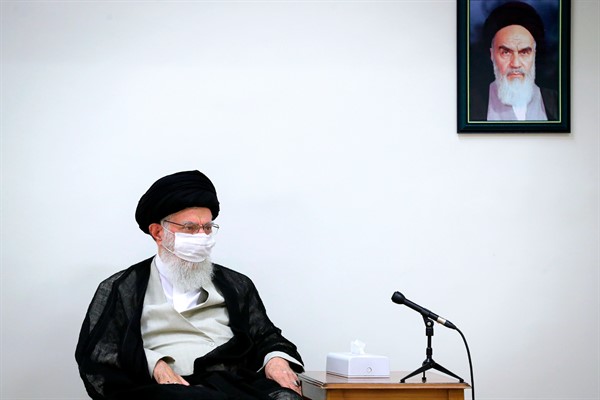Will the next U.S. president have any incentive to revive the Iran nuclear deal? The status of the agreement has steadily eroded since the U.S. unilaterally pulled out of it in May 2018 and subsequently reimposed punishing economic sanctions on Iran and any entities that do business with it. And Iran’s gradual and escalating breaches of the limits the deal imposed on its uranium enrichment program have led many to conclude that the clock is running out on the value of the deal.
Skeptics of the deal’s chances clearly have the stronger argument at present, whether they ascribe the original sin to the Trump administration’s decision to withdraw from it or to Iran’s increasingly defiant behavior since then. Iran has flouted specific provisions of the deal over many months, leading the European signatories—France, the U.K. and Germany—to invoke its dispute resolution mechanism, and the issue could end up back in front of the United Nations Security Council to determine if Iran’s actions constitute a serious breach of the accord.
Meanwhile, other factors have further eroded confidence that the Joint Comprehensive Plan of Action—or JCPOA, as the deal is formally known—can fulfill its original intent of halting Iran’s progress toward advanced nuclear capabilities. A series of unattributed attacks against Iran’s nuclear facilities strongly suggest that Israel and probably the U.S. are using covert means to undermine the program, underscoring a lack of trust that the diplomatic path would ever be sufficient to prevent Iran’s nuclear ambitions.

